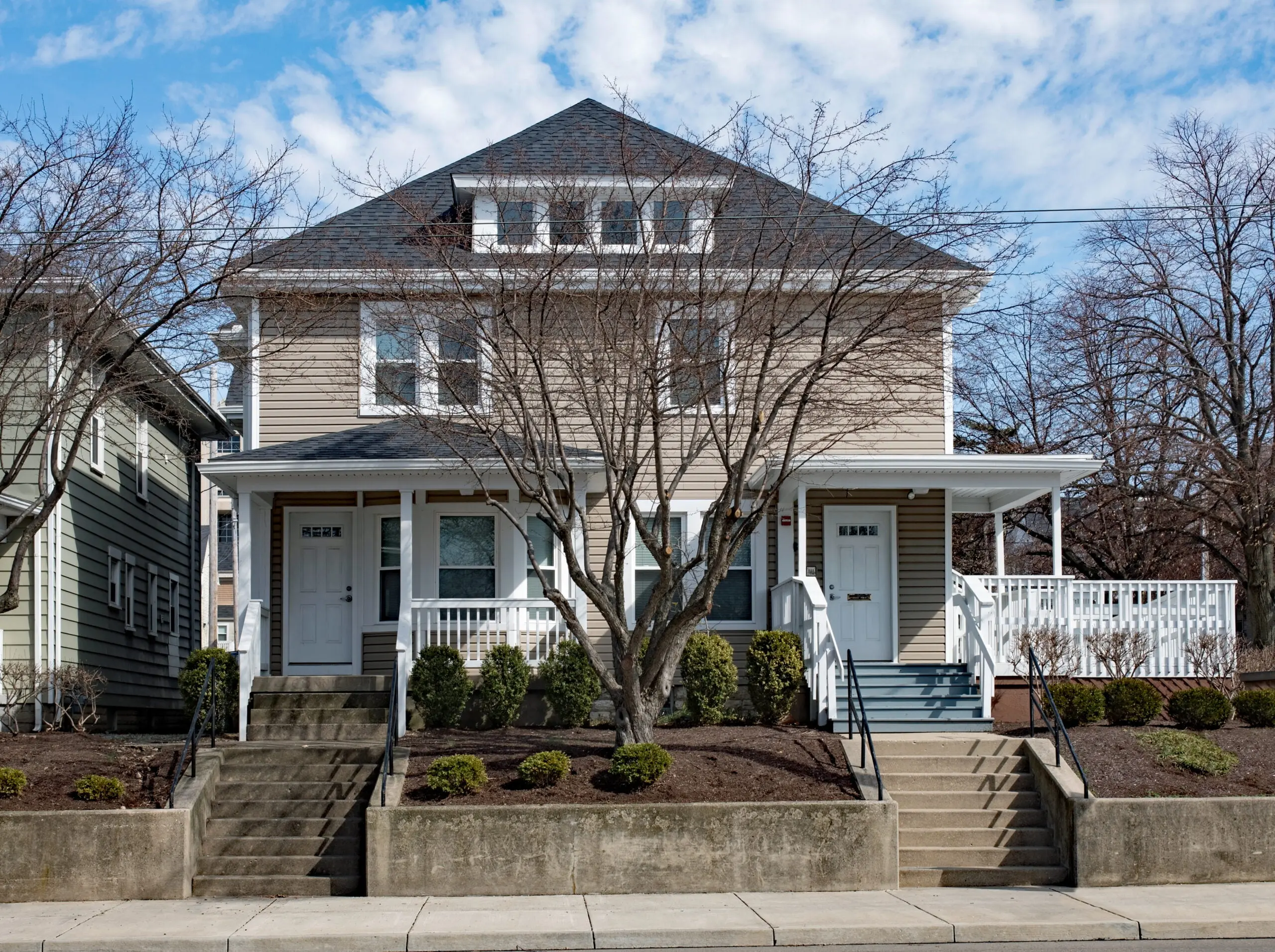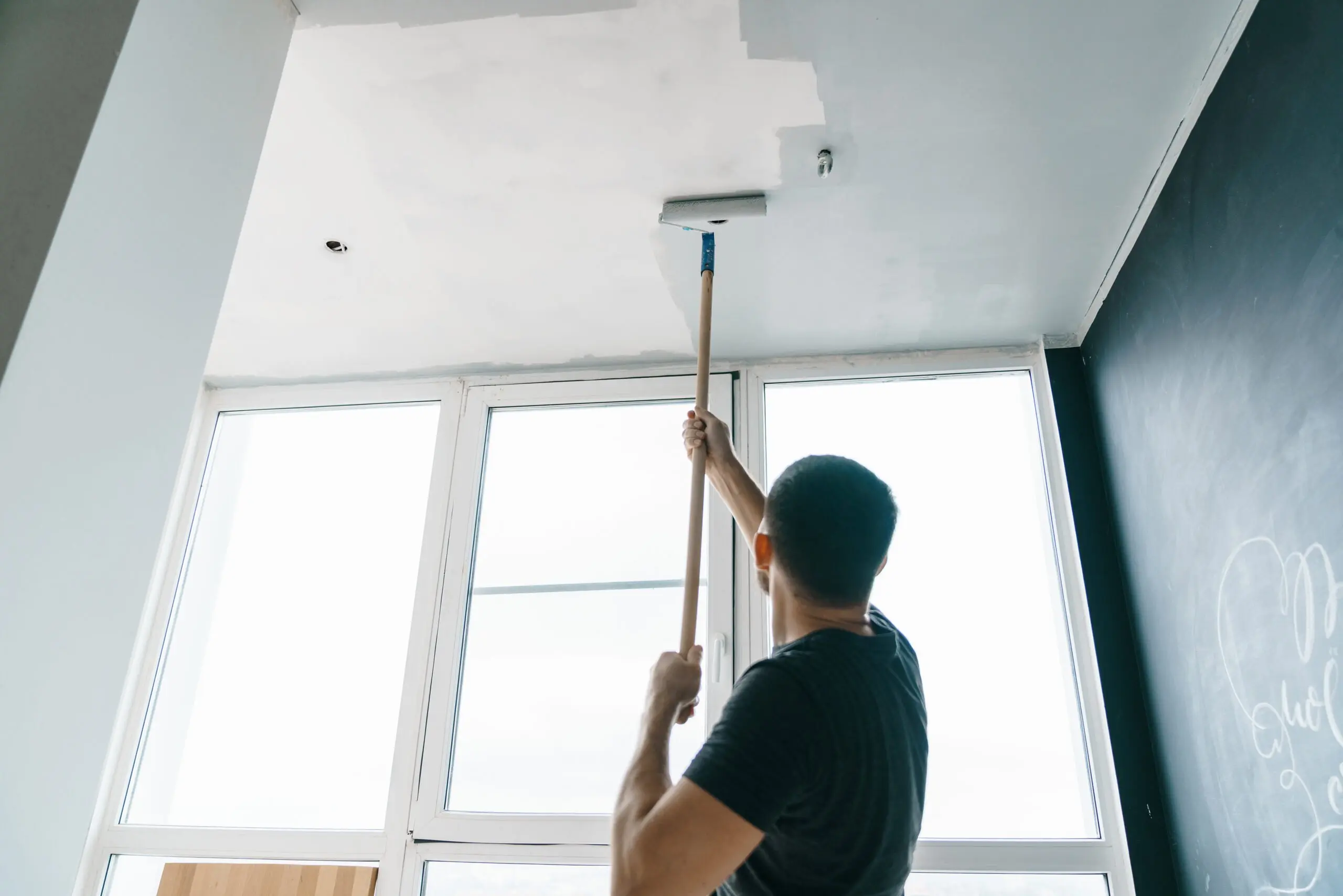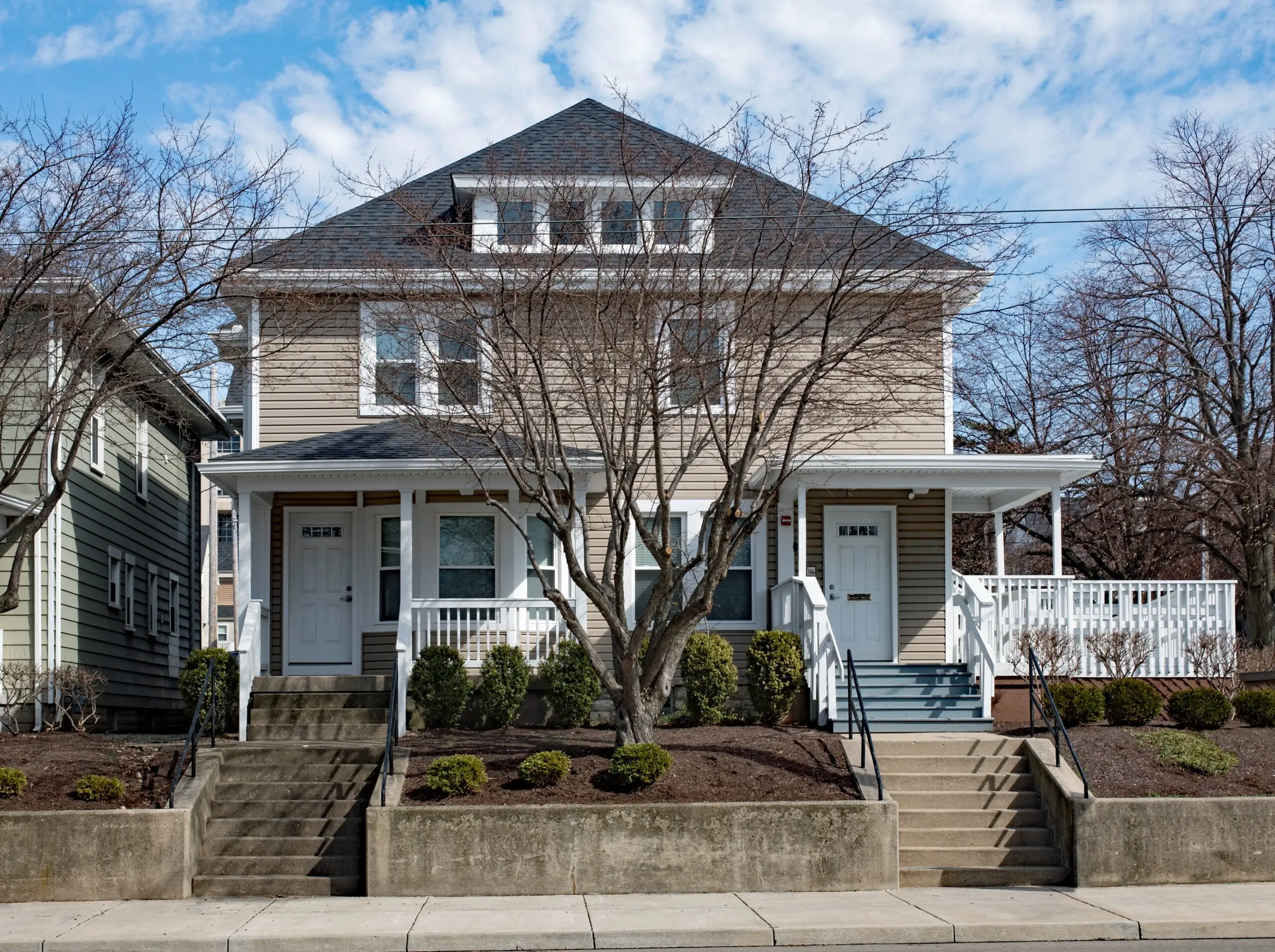Real estate investing is an effective way to build wealth and diversify your assets. However, building this wealth takes time, commitment, and of course, careful planning.
The key to making a true profit in real estate lies in selecting the right real estate investment property and maximizing your earning potential.
What Are the Types of Investment Properties?
Whether you’re a novice investor entering the market or a well-seasoned pro looking for a shift, there are several property investment methods that may fit your goals.
Here are some of the most effective types of investment properties to consider.
Long-Term Rentals
Long-term investment properties are some of the most reliable assets to have in your portfolio. These properties are homes, apartments, commercial buildings, or multi-unit residential buildings that you purchase and rent out for a long period of time. Long-term rental leases typically last a year or more. If considering commercial rentals, it’s crucial to implement high-tech security measures to safeguard both the property and the businesses operating within it. This may include the installation of advanced security systems, such as ONVIF cameras, access control systems and other cutting-edge technologies. In contrast to residential rentals, the security considerations for commercial properties are typically more complex due to the diverse nature of businesses and the increased potential for unauthorized access.
Fix and Flip
House flipping is another popular real estate investment method. When fixing and flipping, you purchase a distressed home, renovate it, and sell it to a buyer for a profit.
Live-In Flip
Live-in flip is similar to fix and flip, but with one key distinction: you live in the home while you renovate it. You purchase a distressed property, move in, fix it up, and sell it to make a profit.
Owner-Occupied Rentals
Some real estate investors will purchase a multi-unit home or building, live in one unit, and rent out the rest. If you select this method, you can rent out the other units on a long-term or short-term basis.

Vacation Rentals
With the popularity of sites like Airbnb, the vacation rental market has become appealing to many real estate investors. In this model, you purchase a property, renovate and furnish it, and rent it out in the short term to vacationers.
While these aren’t the only investment strategies available in the real estate market, these approaches are effective and appealing to investors of all levels.
What Are the Pros and Cons of Different Investment Types?
As with any type of investing, real estate investment methods have benefits and drawbacks. Do your research and keep these tradeoffs in mind when choosing the right real estate property for you.
Long-Term Rentals
- Pros: One of the main perks of long-term rentals is reliability. Your tenants are locked into a lease, which guarantees income for a set amount of time. Less turnover also means fewer administrative costs.
- Cons: Long-term rentals require ongoing maintenance and communication with tenants. You may also need to make bigger repairs and renovations between tenants, which can be costly.
Fix and Flip
- Pros: For many investors, house flipping holds major earning potential. This is especially true if you do the renovations yourself. Fix-and-flip investing is also a great way for investors to learn about a local market.
- Cons: Where there’s earning potential, there’s loss potential. Flippers run the risk of getting in over their head with a dilapidated property, ultimately spending too much on repairs to meet their profit goals.
Live-In Flip
- Pros: Lower living costs are among the main advantages of the live-in flip model. You’ll have one mortgage instead of two, so you can save for your next property. And in many cases, investors who live in their property for two of the past five years are exempt from capital gains taxes.
- Cons: When you live in your investment property, you’re living among renovations. You’ll also need to commit to moving often if you flip and sell several live-in properties, which can be especially challenging if you have children.

Owner-Occupied Rentals
- Pros: Rent payments from your tenants can typically cover your mortgage, and you won’t need to take out a second mortgage on a personal residence. It can also be easier to manage your tenants and cover maintenance because you live steps away.
- Cons: Proximity to your tenants is not always a plus. While convenient, you might experience knocks on your door when maintenance issues arise. You’ll also only be able to deduct a portion of your maintenance costs on your taxes since you live in a part of the property.
Vacation Rentals
- Pros: If you live in a tourism hot spot, you may enjoy consistent income during peak season. You can also deduct maintenance costs from your taxes and use the vacation property whenever you’d like.
- Cons: Short-term rentals require frequent cleaning, upkeep, and administrative work. Interested investors should also be aware that fluctuations in the market and unforeseen events like natural disasters can hurt your potential for profit.
Weighing the pros and cons of each investment option can help you select the right path for you. Consider your lifestyle, appetite for risk, and experience when considering your options.
How Do Different Investing Methods Make a Profit?
Long-Term Rentals
When you own a long-term rental property, your tenants pay monthly rent as outlined by the lease. Your profit is the difference between those rent payments and your operational costs, such as mortgage payments, property taxes, maintenance, management fees, and vacancy costs. To yield a worthwhile return, you’ll need to price your units accordingly.
Fix and Flip
There are many factors that go into profit when flipping a house. Investors need to ensure that they purchase a house for a reasonable price, accurately estimate renovation costs, and price the house low enough to sell but high enough to yield a return.
Live-In Flip
Similar to the fix-and-flip strategy, an investor renovating their primary residence makes a profit by eventually selling the home for more than they paid for the property and renovations.
Owner-Occupied Rentals
When you live in your rental property, you make a profit by offsetting operational costs with rent payments. Some investors may break even at first and grow their income stream by raising rent over time.
Vacation Rentals
Vacation rental owners rely on a steady stream of renters to more than cover the costs of ownership. Investing in amenities that will enable you to price the rental higher can increase your profit, as can reducing vacancies.

With the right planning, any investment property can make a profit. The key is to correctly anticipate expenses and price the property accordingly.
What Factors Should You Consider Before Selecting an Investment Property?
Choosing the right investment property for you isn’t always straightforward. The consistency of long-term rentals might appeal, for example, but the administrative responsibility might not match your lifestyle. Here are some factors to consider before selecting an investment property.
Experience
Be realistic about your level of experience. A lack of experience often means a lack of industry knowledge, so buying up several properties at once could get you into trouble. If you’re looking to make your first real estate investment, consider choosing one investment method, consulting an expert, and seeing it through. You can then expand your strategy as you learn about the market.
Income
Most types of real estate investing require money upfront, so you’ll need to select an investment option you can afford. If you have the funds, you might be able to jump into house flipping or multi-unit rentals right away. However, those with less capital might start with a cost-saving option like an owner-occupied rental or a live-in flip.
Employment
Real estate investment methods like house flipping are a serious time commitment. If you have a full-time job, you could end up pushing off the project for longer than you should. Be realistic about what your day job allows you to do. If you work long hours, a long-term rental model (potentially with the help of a property management company) might be the right method for you.
Lifestyle
Consider what phase of life you’re in when investing in real estate. Do you have children? Are you planning to travel often? Such factors will narrow down your investment choices.
Future Goals
Some aspiring investors plan to purchase many properties over their lifetime, while others might want to stick with one or two. Real estate investment should fit into your life, not work against it. Take time to consider which investment methods fit your current capacity and support your financial future.
What Are Some Common Mistakes to Avoid When Assessing Investment Returns?
Turning a profit on your investment properties requires meticulous planning. You’ll want to avoid these mistakes when assessing how much you’ll make on an investment property.
Not Crunching Your Numbers
With any type of investment property, you need to compare the costs to your earning potential. This means knowing how much you’ll be paying in taxes, maintenance costs, renovations, and administrative fees. Failing to crunch these numbers could leave you with an unrealistic picture of your potential profit.

Choosing the Wrong Location
Purchasing property in the right location balances your costs with demand. Research up-and-coming areas in your region. Purchasing a house in such neighborhoods could mean lower costs now and earnings that grow over time.
Going Over Your Timeline
When it comes to real estate investing, time truly is money. Rookie real estate investors often plan a renovation project, only to realize a property needs several more months of work. This extended timeline gets expensive. Calculate your project timeline carefully, so you can avoid running the clock in the future.
Investing in Unnecessary Upgrades
Making improvements to your investment properties is a great way to maximize your ROI. However, you’ll want to ensure your renovations will actually increase a property’s value. Some investors commit the error of adding unnecessary frills, like a built-in wine cooler, rather than making valuable upgrades, like energy-efficient windows. Do your research on the market before investing in any improvements.
Final Thoughts
Real estate investors share a common goal: to make money. Turning a profit from your investment properties isn’t always easy, but it’s certainly worth the effort. Choosing the right investment strategy for you and being realistic about your earning potential can help you succeed in the industry. And with the right experience, you can grow your profit over time.
Whichever strategy you choose, New Western can help you find the right property to match your investment goals. Our agents serve as your boots on the ground, drawing on a wide array of data and unmatched local market knowledge to consistently source the best opportunities for you.







